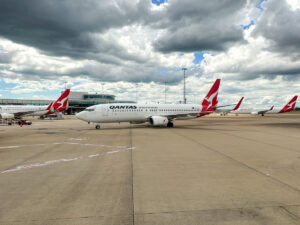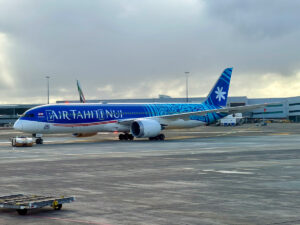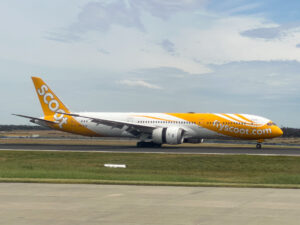
From next week, travel agents operating in the state of New South Wales will need to disclose any commission, referral fees or incentives they receive from their suppliers.
The new rule is part of increased disclosure obligations that will apply to NSW businesses, including intermediaries such as agents. The new state-based laws also require businesses to “disclose terms or conditions of contracts that substantially prejudice the customer”.
The changes to the Fair Trading Act 1987 (NSW) take effect from 1 July 2020, although there will be a six-month grace period for businesses to adapt to the new rules which aim to “improve transparency for consumers without overly burdening businesses”.
Travel agents generally receive a commission for selling international flights, cruises, holiday packages and travel insurance. Agents may also be rewarded with other incentives from suppliers, such as bonus payments or freebies for meeting certain sales targets. In some cases, these incentives could influence the agent’s recommendations to clients. Therefore, the NSW government wants consumers to be aware when such an arrangement exists.
What are the new disclosure rules for travel agents?
From 1 July, travel agents and other intermediaries in NSW will be required to inform customers of “any commission or referral arrangements where the business receives a financial incentive from another supplier”. For a travel agent, suppliers could include airlines, hotels, cruise lines, insurers and tour operators.
Travel agents must take reasonable steps to ensure customers are aware that they have a financial arrangement with the supplier. The disclosure must be made before the customer agrees to the purchase. But agents do not have to disclose the type of incentive, nor the amount or rate of any commission being paid – just that the relationship exists.
When dealing with clients in person, e.g. in a store or on the phone, the agent would need to verbally confirm that the customer is aware of their arrangement with the supplier. On a website, customers may need to tick a box saying they understand the website will receive a commission and confirming they still wish to proceed.
The increased disclosure obligations also apply to online travel agents and comparison websites, such as those offering comparisons of insurance and financial products, if the website will receive a referral fee or commission.














































































